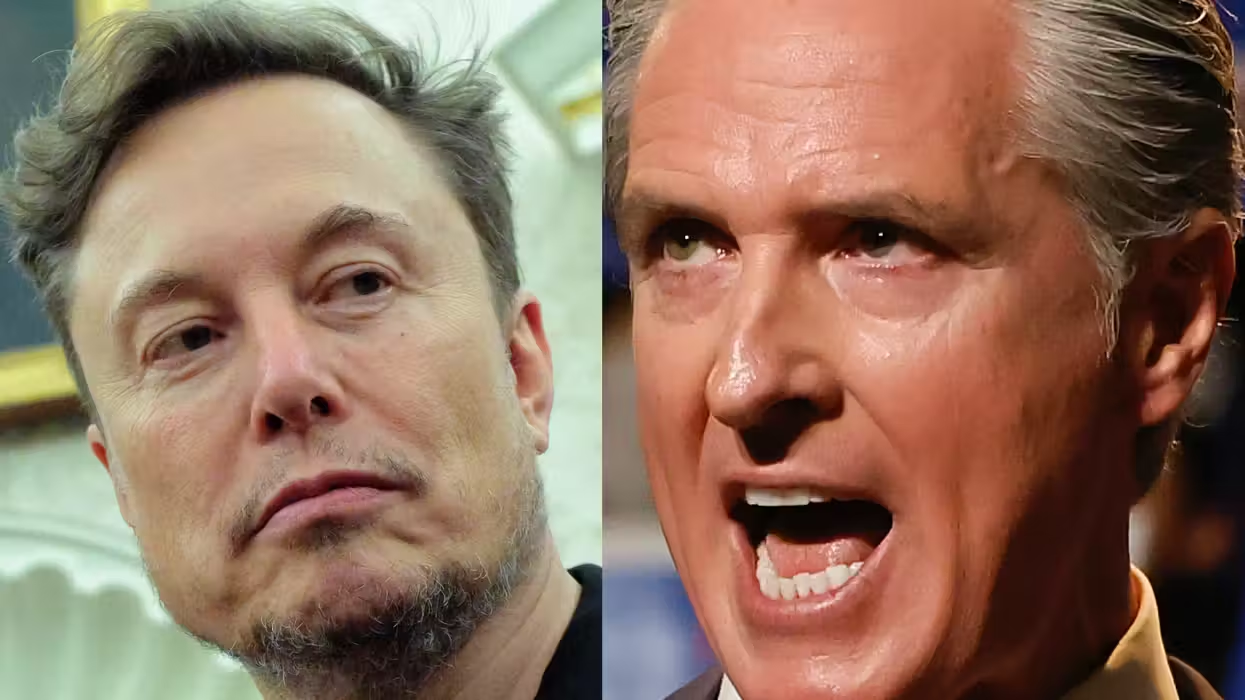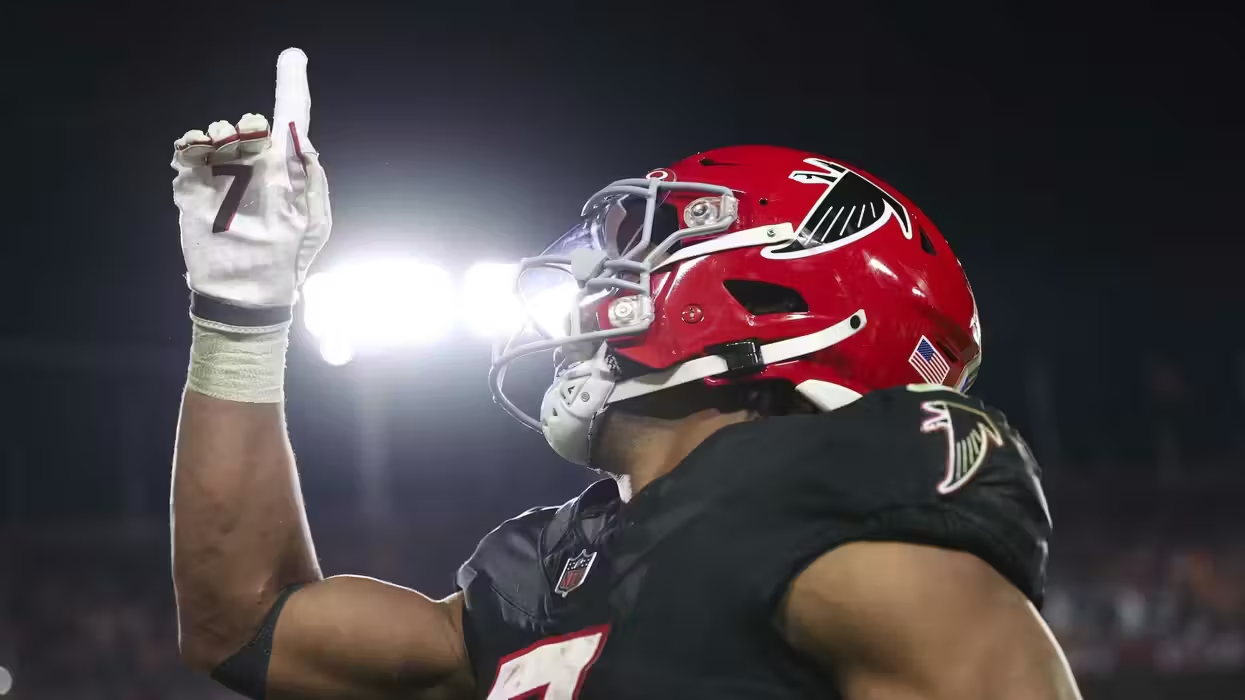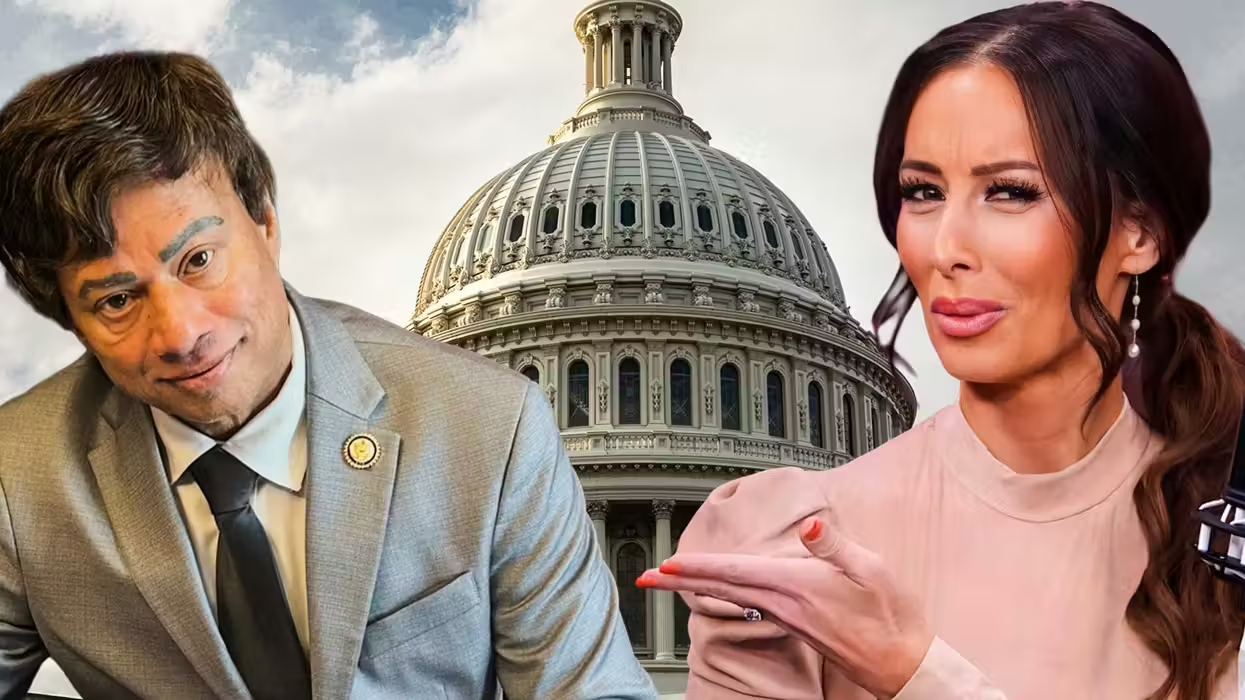
© 2025 Blaze Media LLC. All rights reserved.
Why a Recent Controversial Ruling Is a Huge Victory to Unions and ‘Basically Nullifies This Independent Business Model’
August 28, 2015
The National Labor Relations Board issued a ruling Thursday that could have sweeping effects on the relationships of large corporations such as McDonalds to employees of the individual franchises across the country.
The NLRB’s Democratic majority voted 3-2 to redefine “joint employer” with a standard that could hold a corporation liable for labor law violations by subcontractors, while also requiring the corporations to negotiate with unions seeking to organize for the subcontractor or franchisee.
 Teamsters General President James P. Hoffa attends a celebration for leading women in Washington hosted by Google, Elle, and the Center for American Progress, Jan. 20, 2013 in Washington. (Getty Images for Elle)
Teamsters General President James P. Hoffa attends a celebration for leading women in Washington hosted by Google, Elle, and the Center for American Progress, Jan. 20, 2013 in Washington. (Getty Images for Elle)
In 2013, the Teamsters union sought to represent employees of a Browning-Ferris recycling facility in California. The workers were employed by a subcontractor, Leadpoint Business Services. An NLRB regional director determined that Browning-Ferris and Leadpoint were not joint employers.
However, the decision by the full NLRB determined the two were joint employers, thus making Browning-Ferris responsible for the employees. This has wide-ranging impact on other companies by rolling back decades of common business practice to assert that a franchise is responsible for “direct and immediate control” over workers, the Chicago Tribune reported.
The ruling could have considerable impact on chains like McDonalds and others, according to Forbes, citing Jania Bailey, a board member of the International Franchising Association and chief executive of consulting firm FranNet.
“If this goes into effect then the franchiser has to step in and have a standard for hiring, human resources, payroll, everything,” Baily said. “It basically nullifies this independent business model.”
The standard established by the decision is whether a company could potentially exert control over a worker’s wages and working conditions, according to Forbes. This potential control could be based on one company’s economic power over a contractor, which unions argued to the NLRB limits the contractor’s ability to raise wages. The decision also took into consideration modern technology that allows corporate franchisers to monitor productivity of employees at a franchise.
The two Republicans on the board issued a scathing 28-page dissent, saying the Democratic majority ignored clear term of existing law that exempts companies using contractors from the definition of employer.
Want to leave a tip?
We answer to you. Help keep our content free of advertisers and big tech censorship by leaving a tip today.
Want to join the conversation?
Already a subscriber?
more stories
Sign up for the Blaze newsletter
By signing up, you agree to our Privacy Policy and Terms of Use, and agree to receive content that may sometimes include advertisements. You may opt out at any time.
Related Content
© 2025 Blaze Media LLC. All rights reserved.
Get the stories that matter most delivered directly to your inbox.
By signing up, you agree to our Privacy Policy and Terms of Use, and agree to receive content that may sometimes include advertisements. You may opt out at any time.






